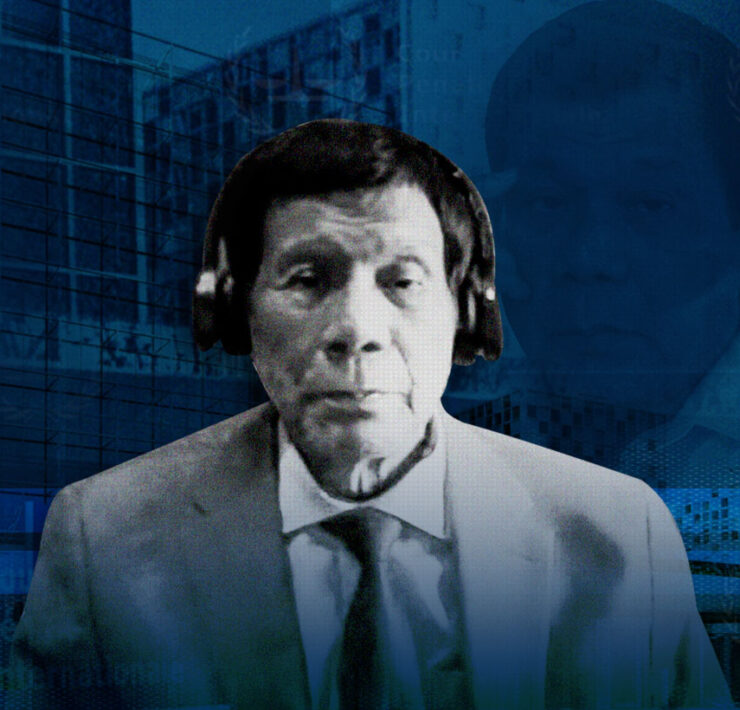The privilege of hope

With three years behind him and three more to go, President Marcos is at the critical midpoint of his presidency. Thanks to better optics and messaging, his trust rating is climbing, but so, too, are the public’s expectations, especially when it comes to such gut issues as inflation, wages and hunger.
As he delivers his fourth State of the Nation Address (Sona) today, the top question on every citizen’s mind is whether this administration can move beyond PR stunts, like sporadic P20 rice distributions or post-disaster photo-ops, and offer systemic, sustainable reforms that directly address the bread-and-butter—or rice-and-salt—concerns of Filipinos.
No doubt Mr. Marcos’ speechwriters have a long list of accomplishments to highlight, but survey after survey has shown that the people want to hear something else: a convincing strategy to lower prices, raise incomes, and make daily life less burdensome.
Which means the success of this year’s Sona will not be measured by the claps and cheers that resound at the Batasang Pambansa but in whether it brings clarity and hope to households across the nation.
Top concern of Filipinos
The latest Pulse Asia Ulat ng Bayan survey is instructive: Three of every five Filipinos identified inflation as their top concern, far eclipsing all other issues. That was followed by calls for wage increases, peace and order, job creation, and poverty alleviation. By contrast, less than 1 percent considered the impeachment trial of Vice President Sara Duterte as a priority, indicating that the people remain focused on economic survival.
To his credit, Mr. Marcos can claim some progress. The inflation rate has slowed significantly, reaching 1.4 percent in June. Food stamp coverage under the Walang Gutom 2027 program is expanding, with 750,000 families expected to benefit within the next two years. In the education sector, technical-vocational training is being integrated into the senior high school curriculum to improve employability. And after long delays, mobile medical clinics have reached underserved provinces.
But alongside these gains are promises still half-kept or unfulfilled, foremost of which is the President’s campaign pledge of lowering the price of rice to P20 per kilo.
While this price is now available in a limited number of Kadiwa centers across Metro Manila and select provinces, most consumers still pay more than double that. The program remains highly subsidized and logistically narrow, raising questions about its long-term viability.
Ban on all forms of e-gaming
Likewise, the pledge to complete hundreds of air and seaport infrastructure projects by 2028 remains in early or preparation stages. Mr. Marcos’ vow to deescalate tensions in the West Philippine Sea through diplomacy has met headwinds, as China’s aggression has only grown more brazen, exposing the limits of regional dialogue mechanisms.
One of the President’s more decisive moves in the last Sona was to order the shutdown of all Philippine offshore gaming operators. By January, at least 80 percent of the hubs had been shuttered, and thousands of illegal foreign workers deported. Now, with mounting cases of Filipinos falling into financial ruin due to online gambling addiction, Mr. Marcos is under pressure to order a total ban on all forms of e-gaming.
Meanwhile, poverty and wage stagnation weigh heavily on public consciousness, as many workers grapple with low salaries and rising costs: Some 66 percent of Pulse Asia respondents expressed dissatisfaction with the President’s inflation control efforts. Discontent over workers’ pay saw a steep 17-point jump since April, the fastest-rising concern across all issues polled.
President’s true legacy
Still, the President’s improving trust rating reported by Social Weather Stations—rising from 38 to 48 percent—offers his administration a window of opportunity.
As political distractions threaten to cloud policy, Mr. Marcos must use his Sona to realign his administration with the people’s actual priorities: Will there be genuine agricultural reforms to support food producers and reduce import dependence? Will social protection programs be expanded to reach the vulnerable? Will wage policies catch up with prices? Plus a question made more relevant by the past week: Will those flood control projects finally do their job of controlling floods?
The next three years will determine the true legacy of Mr. Marcos and whether he will be remembered as a leader who merely sustained inherited programs and built political capital via publicity, or one who dared to confront deep-seated social inequities head-on and sought to fix them.
The President will be wise not to be flattered nor goaded into complacency by the applause he hears today. The true state of the nation won’t be heard or felt within the cavernous halls of Congress, but in the humble homes of ordinary Filipinos, where rice remains costly, livelihoods remain scarce, and hope remains a privilege for the few.





















Defending Beijing is betraying our nation